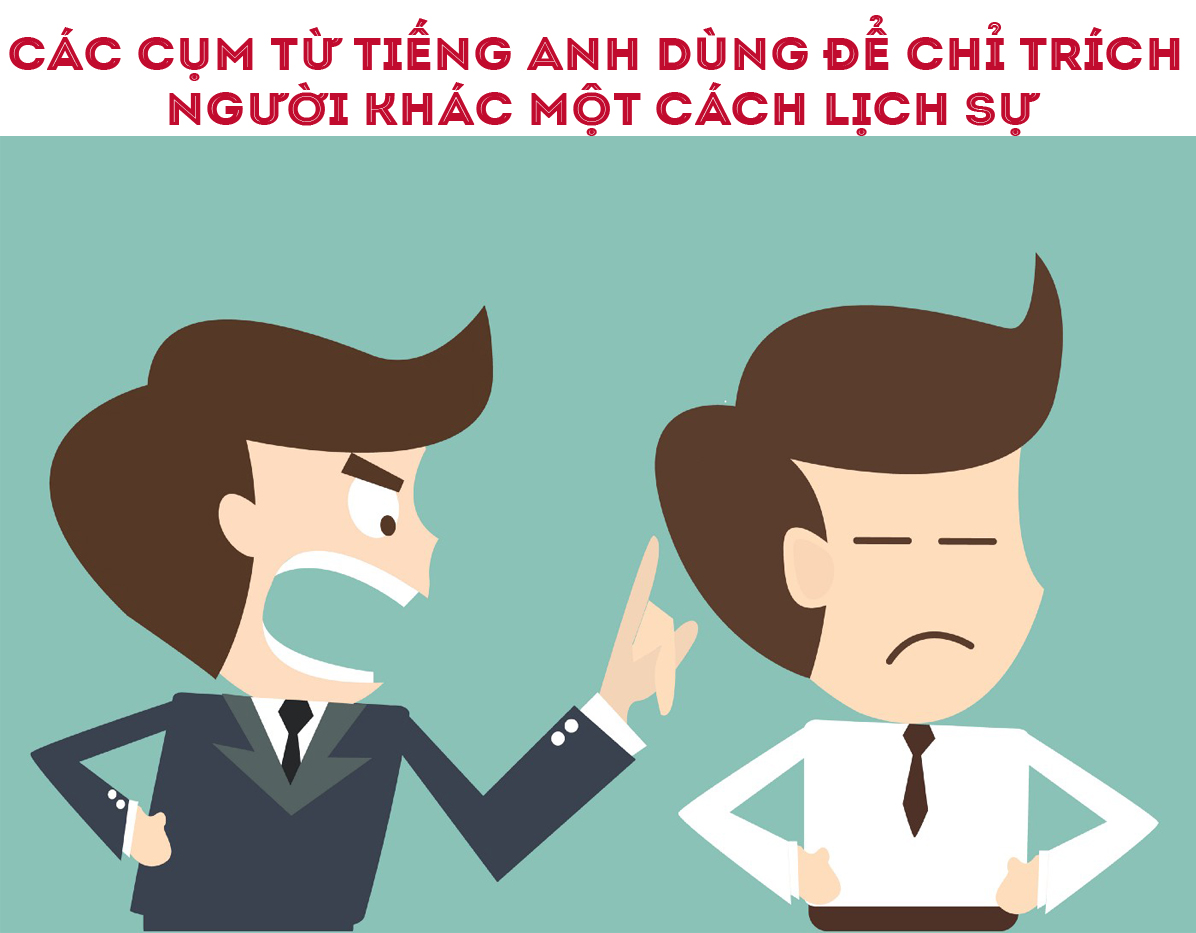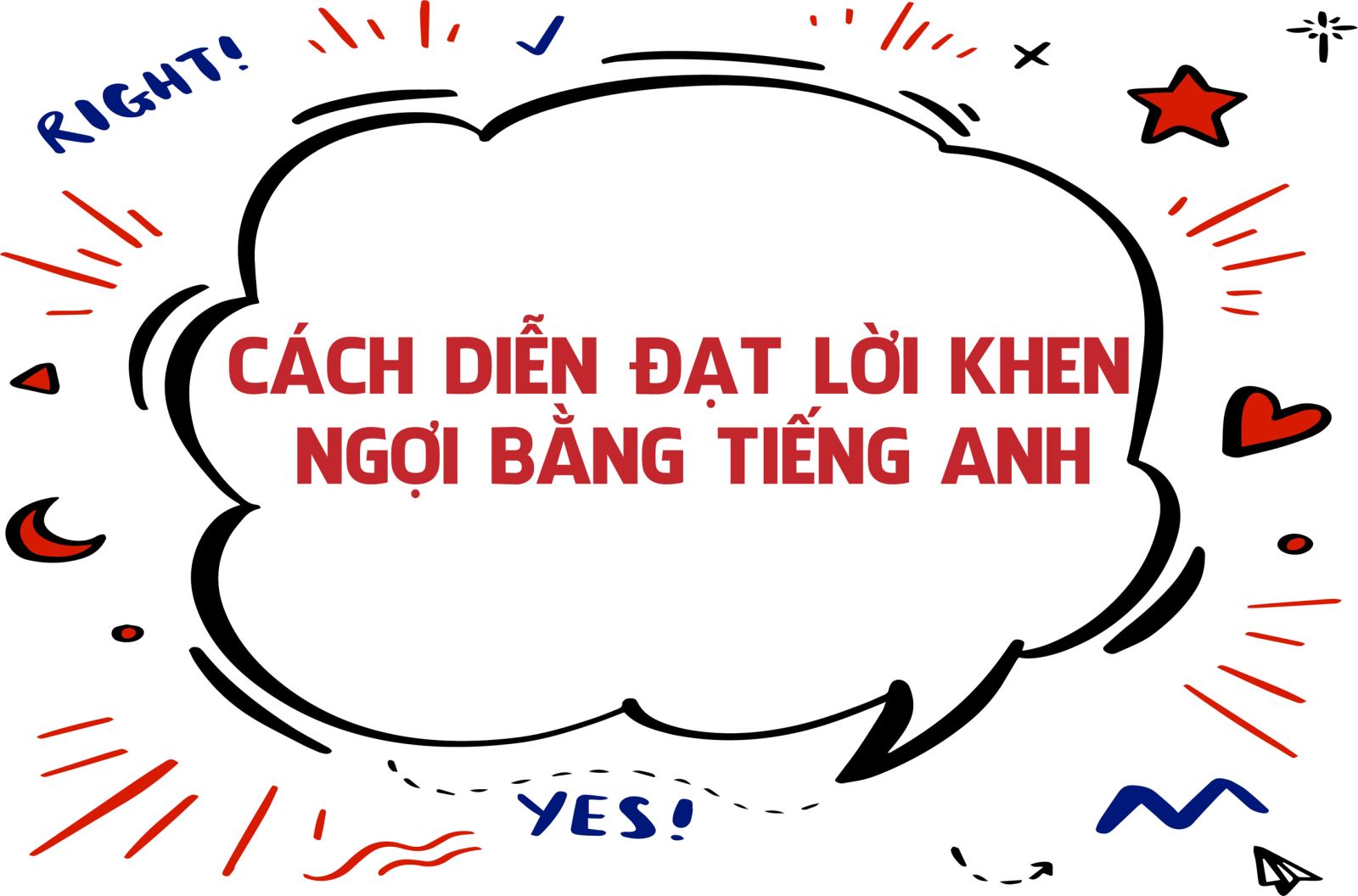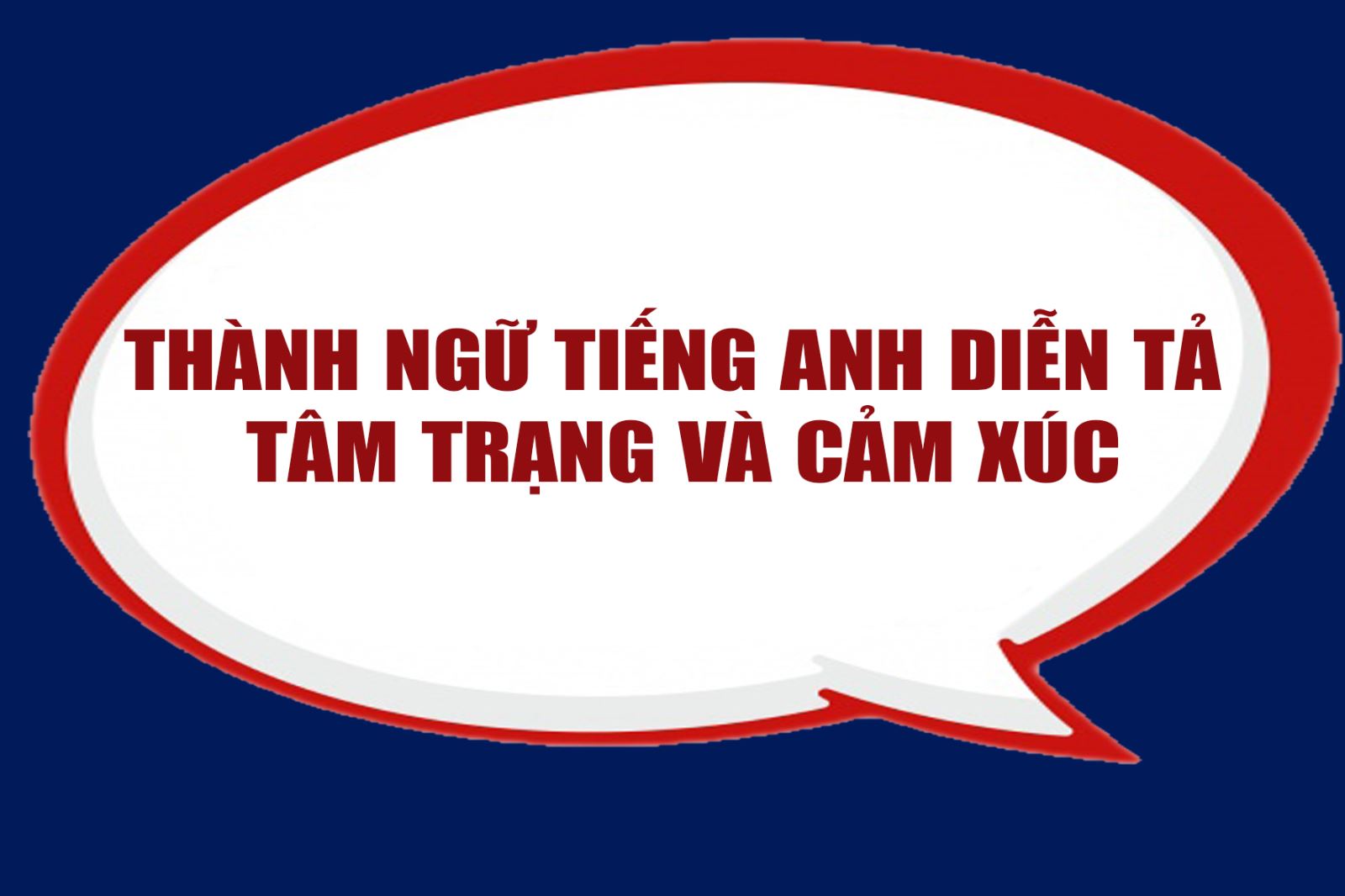11 WEIRD AND INTERESTING WORDS IN ENGLISH
(11 TỪ NGỮ KỲ LẠ VÀ THÚ VỊ TRONG TIẾNG ANH)
|
BAMBOOZLED Adjective - /bæmˈbuːzld/ Definition: thrown into a state of confusion or bewilderment especially by being deliberately fooled or misled. History: A word, a Spike Lee movie, a game show that Joey from “Friends” auditions for, and it’s even an app game... This word has made the rounds. It seems that most everyone agrees on the definition of this word, even Urban Dictionary, which defines it as to be tricked or cheated. According to Merriam-Webster, bamboozle (verb) first appeared in 1703, derived from the 17th-century word “bam” which means to trick or con.
|
BAMBOOZLED tính từ - /bæmˈbuːzld/ Định nghĩa: bị vướng vào trạng thái bối rối hoặc hoang mang đặc biệt là do cố tình bị đánh lừa hoặc mê hoặc. Nguồn gốc: Là một từ ngữ, một bộ phim Spike Lee, một chương trình trò chơi mà Joey trong phim “Friends” tham gia thử giọng, và thậm chí là một trò chơi ứng dụng ... Từ này đã trở nên phổ biến khắp nơi. Hầu hết mọi người đều đồng ý với định nghĩa của từ này, ngay cả từ điển Urban Dictionary cũng định nghĩa nó là bị lừa đảo hoặc bị gian lận. Theo Merriam-Webster, bamboozle (động từ) xuất hiện lần đầu tiên vào năm 1703, có nguồn gốc là một từ ngữ của thế kỷ 17 “bam” - nghĩa là lừa đảo hoặc lừa bịp.
|
|
CATTYWAMPUS (CATAWAMPUS) Adjective - /ˌkæt iˈwɒm pəs/ Definition: askew; awry; positioned diagonally History: Cattywampus comes from catawampus, which, according to Dictionary.com, likely came about between 1830 and 1840. It is derived from the prefix cata, meaning diagonally and likely wampus, which the site says is akin to the word wampish, meaning to flop about.
|
CATTYWAMPUS (CATAWAMPUS) tính từ - /ˌkæt iˈwɒm pəs/ Định nghĩa: xiên; không như ý; nằm theo đường chéo Nguồn gốc: Cattywampus xuất phát từ catawampus, theo Dictionary.com, có khả năng xuất hiện từ năm 1830 đến 1840. Nó có nguồn gốc từ tiền tố cata, có nghĩa là theo đường chéo và như wampus, mà theo như trang này nói thì giống như từ wampish, nghĩa là thất bại về cái gì. |
|
DISCOMBOBULATE Verb - /ˌdɪskəmˈbɒbjuleɪt/ Definition: To confuse, upset, frustrate. History: An American word first used in 1825-1835, according to Dictionary.com, it’s a fanciful alteration of discompose or discomfort.
|
DISCOMBOBULATE động từ - /ˌdɪskəmˈbɒbjuleɪt/ Định nghĩa: bối rối, bực bội, giận dữ Nguồn gốc: một từ gốc Mỹ được sử dụng lần đầu tiên vào năm 1825-1835, theo Dictionary.com, nó là một sự biến âm huyền ảo của discompose hoặc discomfort.
|
|
FLABBERGAST Verb - /ˈflæbəɡɑːst/ Definition: To overcome with surprise and bewilderment; astound. History: There’s not much known about the origins of this word, though Dictionary.com says it’s from 1765-1775.
|
FLABBERGAST động từ - /ˈflæbəɡɑːst/ Định nghĩa: vượt qua với sự ngạc nhiên và hoang mang; kinh ngạc Nguồn Gốc: Không có nhiều thông tin về nguồn gốc của từ này, mặc dù Dictionary.com cho biết nó có từ 1765-1775.
|
|
FOPPISH Adjective - /ˈfɒpɪʃ/ Definition: foolish, silly, obsolete History: This funky little word is derived from the word fop, which is used to redescribe a man who is excessively vain and worried about his dress and appearance; it also can mean a foolish or silly person. The adjective of foppish is similarly used to mean that something is obsolete, foolish or silly. It has been rolling off tongues for centuries now, first appearing in the late 1500s.
|
FOPPISH tính từ - /ˈfɒpɪʃ/ Định nghĩa: dại dột, ngớ ngẩn, lỗi thời Nguồn gốc: Từ ngữ vui nhộn này có nguồn gốc là từ công tử bột, được sử dụng để mô tả lại một người đàn ông quá vô ích chỉ lo lắng về trang phục và ngoại hình của mình; nó cũng có nghĩa là một người ngu ngốc hoặc ngớ ngẩn. Tính từ của foppish được sử dụng tương tự có nghĩa là một cái gì đó đã lỗi thời, ngu ngốc hoặc ngớ ngẩn. Nó đã được sử dụng từ nhiều thế kỷ nay, xuất hiện lần đầu tiên vào cuối những năm 1500. |
|
JALOPY Noun- /dʒəˈlɒpi/ Definition: an old, decrepit, or unpretentious automobile. History: An oldie but goodie, jalopy has gotten some present-day love from The New York Post. This word, an American word, dating back to 1925-1930, is often used when referencing items other than vehicles despite its specific meaning. According to Dictionary.com, a “Post” article revived the word once again, this time in an article about people updating their phones rather than buying new ones. The use of jalopy in this article spurred a more than 3,000% increase in searches for the word online. |
JALOPY danh từ - /dʒəˈlɒpi/ Định nghĩa: một chiếc ô tô cũ, hư hỏng, hoặc không có tiếng tăm. Nguồn gốc: Một món đồ cũ nhưng còn tốt, jalopy đã nhận được tình yêu hiện đại từ The New York Post. Một từ gốc Mỹ, có từ năm 1925-1930, thường được sử dụng khi đề cập đến các mặt hàng khác ngoài xe cộ mặc cho ý nghĩa cụ thể của nó. Theo Dictionary.com, một bài báo của Post đã hồi sinh từ này, lần này trong một bài viết về những người nâng cấp điện thoại của họ thay vì mua những chiếc điện thoại mới. Việc sử dụng jalopy trong bài viết này đã thúc đẩy sự gia tăng đến mức hơn 3000% lần tìm kiếm từ ngữ này trên mạng. |
|
LOTHARIO noun - /ləˈθɑːriəʊ/ Definition: a man whose chief interest is seducing women. History: There’s something about this word that seems slick and seductive, so it’s no wonder that it literally means "a man who seduces women." The word made its debut in Nicholas Rowe’s “The Fair Penitent” in the early 1700s. The lead character, Lothario, was a notorious seducer; an attractive man with a charming exterior, he was really a haughty scoundrel whose main interest was in seducing women.
|
LOTHARIO anh từ - /ləˈθɑːriəʊ/ Định nghĩa: một người đàn ông có mối quan tâm chính là quyến rũ phụ nữ. Nguồn gốc: Có điều gì đó về từ ngữ này mang ý nghĩa là khéo léo và quyến rũ, vì vậy, nó không có gì lạ khi nó có nghĩa đen là "một người đàn ông quyến rũ phụ nữ." Từ này xuất hiện lần đầu tiên của Nicholas Rowe ở trong The Fair Penitent hồi đầu những năm 1700. Nhân vật chính, Lothario, là một người quyến rũ khét tiếng; một người đàn ông với vẻ ngoài hấp dẫn, anh ta thực sự là một kẻ vô lại kiêu căng với sở thích quyến rũ phụ nữ. |
|
MEME Noun - /miːm/ Definition: an idea, behavior, style, or usage that spreads from person to person within a culture. History: Believe it or not, the word meme was first used in 1976, as an abbreviation of the word mimeme in Richard Dawkins' book "The Selfish Gene" in which he discussed how ideas and styles spread within a culture over time. Today, the word has become synonymous with amusing captioned pictures and videos online. Think, Grumpy Cat or Salt Bae. |
MEME danh từ - /miːm/ Định nghĩa: một ý tưởng, hành vi, phong cách hoặc cách sử dụng truyền từ người này sang người khác trong một nền văn hóa. Nguồn gốc: Tin hay không tùy bạn, từ meme được sử dụng lần đầu tiên vào năm 1976, như một từ viết tắt của mimeme trong cuốn sách "The Selfish Gene" của Richard Dawkins, trong đó tác giả đã thảo luận về cách mà các ý tưởng và phong cách đã lan truyền như thế nào trong một nền văn hóa theo thời gian. Ngày nay, từ này đã trở thành đồng nghĩa với những hình ảnh và bộ phim thú vị được chú thích trực tuyến. Chẳng hạn như là Grumpy Cat hoặc Salt Bae. |
|
TERGIVERSATE Verb - /ˈtɜːdʒɪvəseɪt/ Definition: to change repeatedly one's attitude or opinions with respect to a cause, subject, etc. History: This unique word holds an honor that very few words can claim: it was named the 2011 Word of the Year by Dictionary.com. Why? According to the website, this weird word rose to fame “because it described so much of the world around us. Editors at Dictionary.com saw the stock market, political groups, and public opinion go through a roller coaster of change throughout 2011.”
|
TERGIVERSATE động từ - /ˈtɜːdʒɪvəseɪt/ Định nghĩa: thay đổi nhiều lần thái độ hoặc ý kiến của một người liên quan đến nguyên nhân, chủ đề, v.v. Nguồn gốc: Từ ngữ độc đáo này có một vinh dự mà rất ít từ có được: nó được gọi là Từ của Năm 2011 bởi Dictionary.com. Tại sao? Theo trang mạng này, từ kỳ lạ này đã trở nên nổi tiếng vì nó mô tả rất nhiều về thế giới xung quanh chúng ta. Các biên tập viên tại Dictionary.com đã chứng kiến thị trường chứng khoán, các nhóm chính trị và dư luận trải qua mộtsự thay đổi thăng trầm trong suốt năm 2011.
|
|
XENOPHOBIA Noun - /ˌzenəˈfəʊbiə / Definition: fear or hatred of foreigners, people from different cultures, or strangers; fear or dislike of the customs, dress, etc., of people who are culturally different from oneself. History: Another Dictionary.com Word of the Year, this time in 2016, Xenophobia has a special claim to fame. Meaning "fear of the others", the folks at Dictionary.com asked readers to reflect on its meaning rather than celebrate it |
XENOPHOBIA Danh từ - /ˌzenəˈfəʊbiə / Định nghĩa: sợ hãi hoặc thù hận người ngoại quốc, những người từ các nền văn hóa khác nhau, hoặc người lạ; sợ hoặc không thích phong tục, cách ăn mặc, v.v., của những người có văn hóa khác với chính mình. Lịch sử: Một Từ Của Năm khác của Dictionary.com vào năm 2016, xenophobia có sự nổi tiếng đặc biệt. . Có nghĩa là "sợ người khác", mọi người ở Dictionary.com yêu cầu độc giả suy ngẫm về ý nghĩa của nó hơn là ăn mừng nó... |
Nguồn tài liệu: Internet

.jpg)


